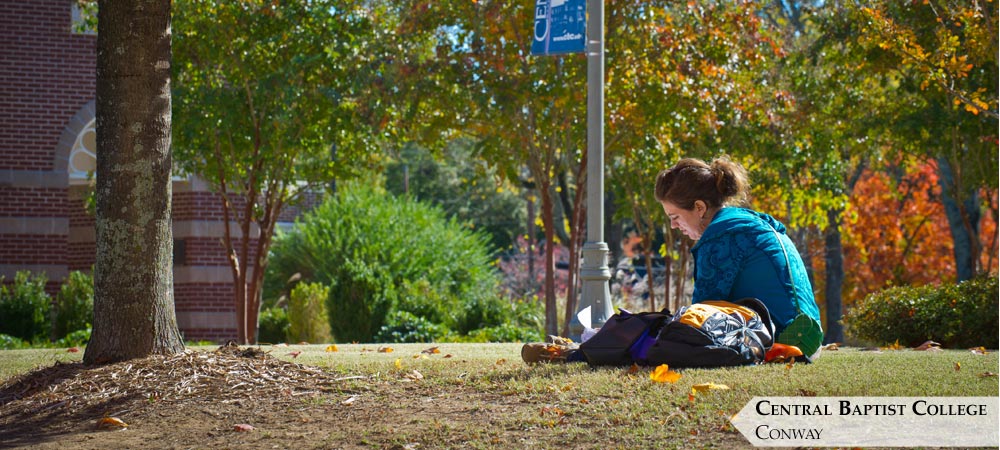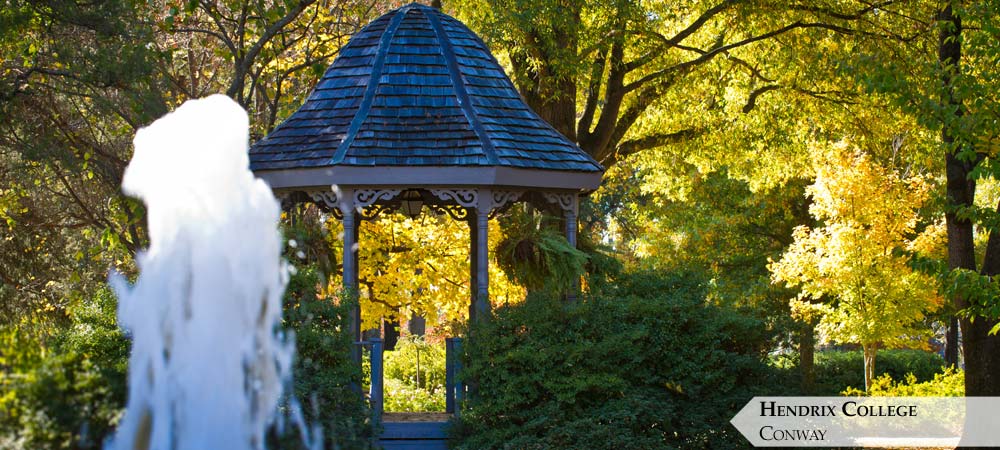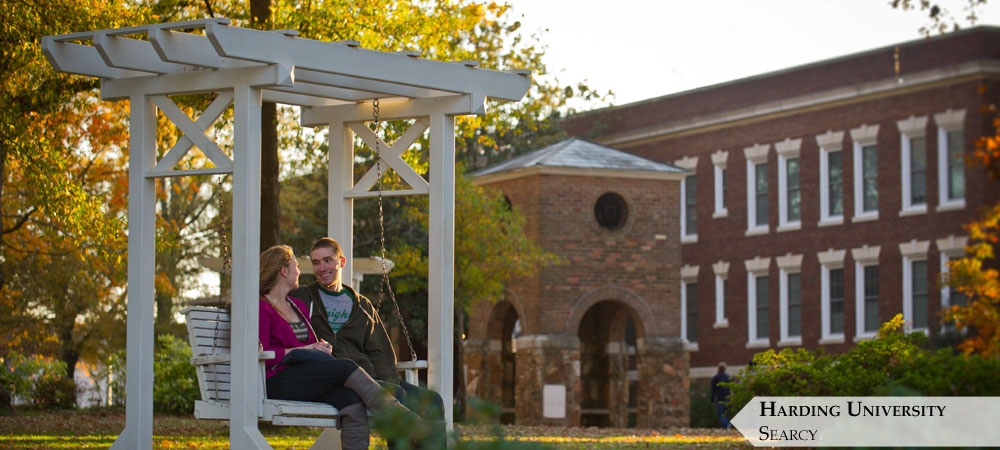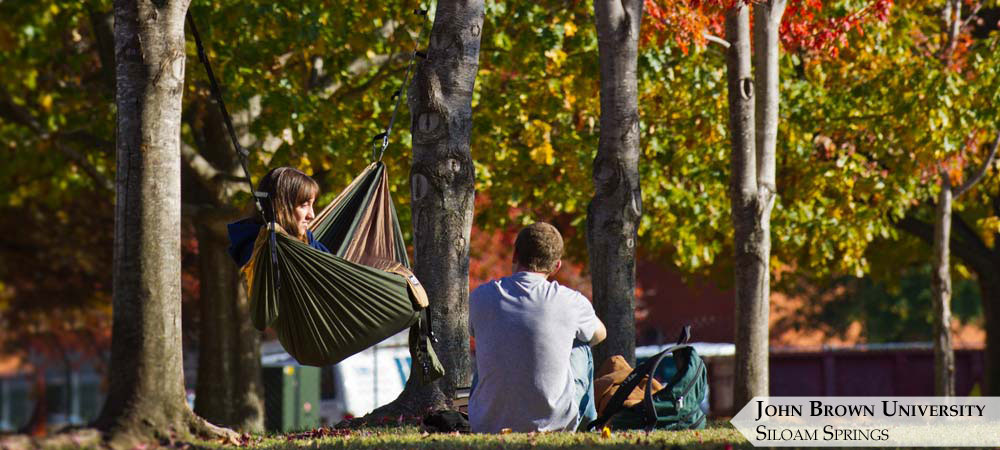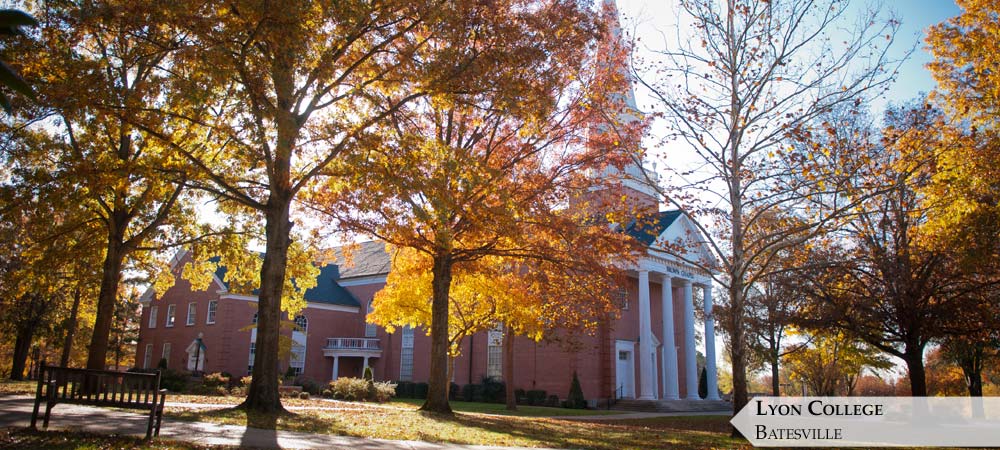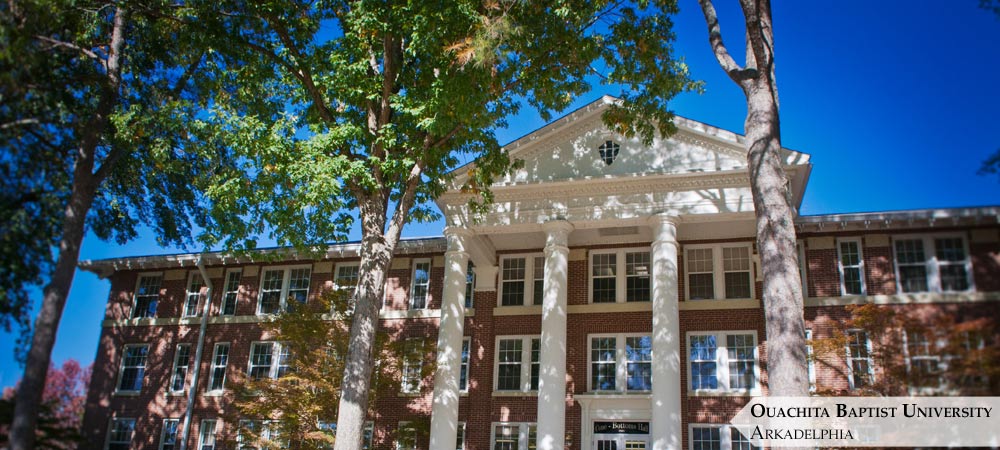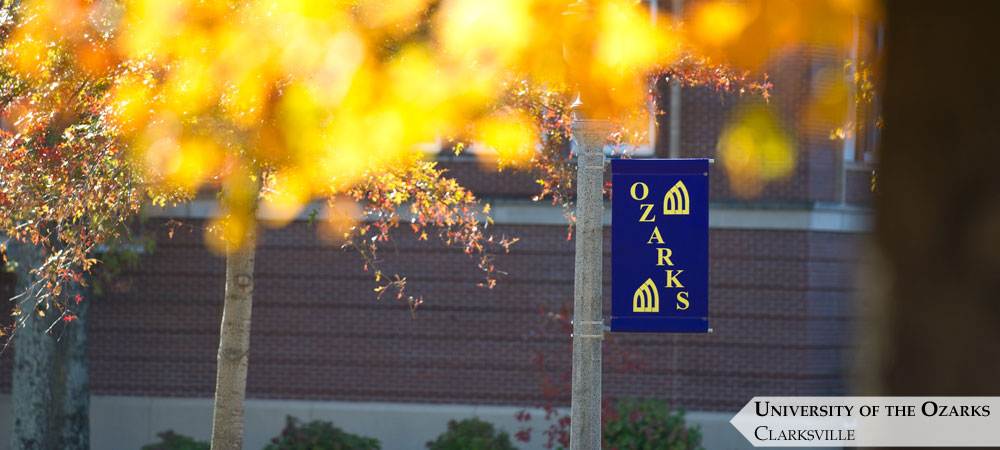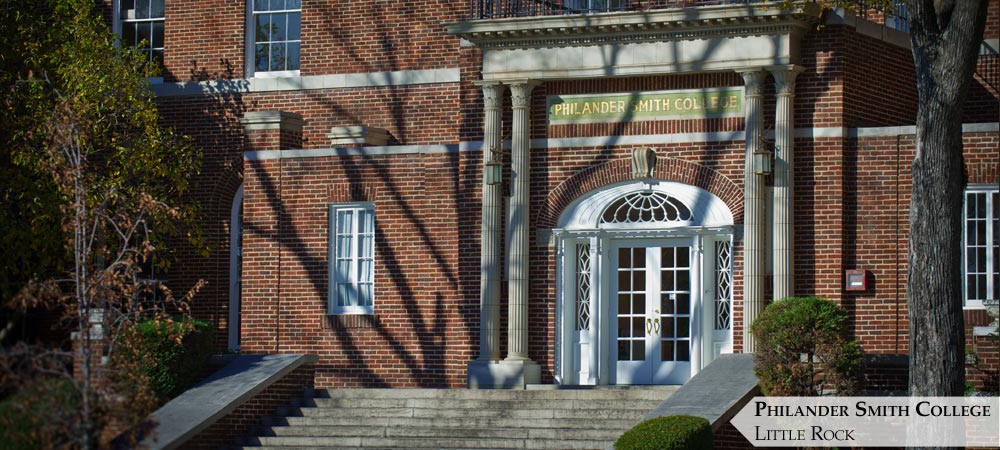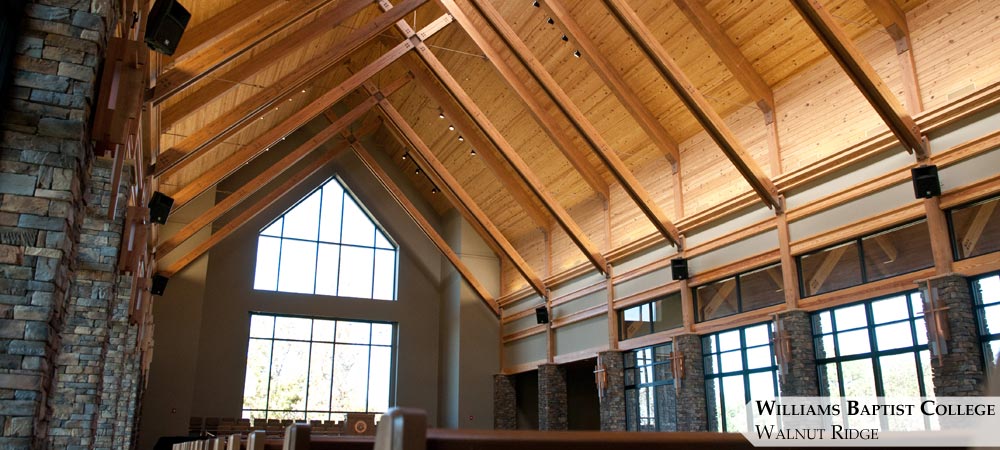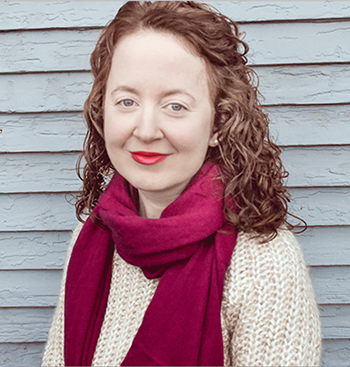Hendrix College Associate Professor of Biology Dr. Maureen McClung ’01 has been working with Arkansas Game and Fish Commission (AGFC) researchers and the Urban Wildlife Information Network (UWIN) to launch a wildlife research project in the cities of Little Rock, North Little Rock, and Maumelle. After planning and laying groundwork since the fall of 2019, the collaboration has yielded photos from its first field season, some of which were released when the project was announced in late August.
The Central Arkansas Urban Wildlife Project involved placing a series of 30 cameras in public parks (a mix of city and state, urban and rural locations) to observe the variety of wildlife in the area. The cameras are active for four seasons each year during the months of January, April, July, and October. The goal of the research is to learn more about how wildlife — particularly mammals like raccoons, foxes, and deer — use urban green spaces. The group is already seeing evidence of animals like foxes and hawks managing rodent populations. Select images of the study’s first season were released near the end of August and can be viewed at the project’s website, which will be updated with each season.
Hendrix students Lauren Berry ’22 and Jaclyn Reifeiss ’23 received Hendrix Odyssey Program funding for the summer research project, and Tristan Hoerschelmann ’22 joined them when his Scott Henderson Fellowship through the AGFC was postponed due to the coronavirus pandemic.
“It wasn’t what I had originally planned, but it was an incredible opportunity to gain valuable research experience and explore a potential career path,” said Hoerschelmann.
Together, the three biology majors worked with McClung and AGFC researchers on camera site selection, setup and maintenance — “which involved plenty of hiking around parks in June, from urban playgrounds to Pinnacle Mountain State Park,” McClung said — maintaining and retrieving the gear, downloading the images, and tagging the photos with species identification and notes about any interesting behaviors.
For Reifeiss, all the hot-weather hiking became worth it when the team began sorting through the first round of camera photos. “We captured images of bobcats, foxes, and deer, all in some of the most frequented parks of Little Rock,” she said. “Some of these animals I have never had the privilege of seeing in person, so finding out that these creatures are right in the backyards of some of our most populated cities is incredible.”
All three Hendrix students participating in the study are biology majors, and this project gives them real-world experience studying wildlife populations using remote data collection. In addition to developing scientific skills, the students also benefit from interacting with the various AGFC personnel who make up the team, including a field biologist, social scientist, geographic information systems (GIS) specialists, watchable wildlife coordinator, and administrative analyst.
“This was my first time working on a research project that will contribute data to the scientific community,” Reifeiss said. “I was excited to have Odyssey funding this summer to support me while doing research — I feel like I was able to get a head start on my career in science.”
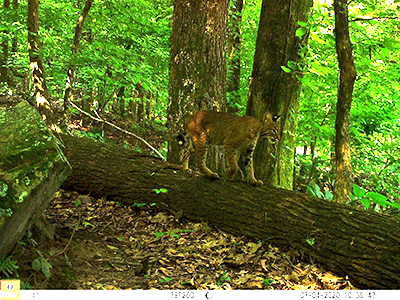 “It’s a great opportunity to conduct field research, but students also get to see different places their biology degrees could take them in a state agency like AGFC,” McClung said.
“It’s a great opportunity to conduct field research, but students also get to see different places their biology degrees could take them in a state agency like AGFC,” McClung said.
During this semester and the next, these students will help recruit more of their peers to join the project, giving it longevity.
“The goal is to keep the project running for the foreseeable future,” McClung added, “so this project represents a research opportunity for generations to come.”

